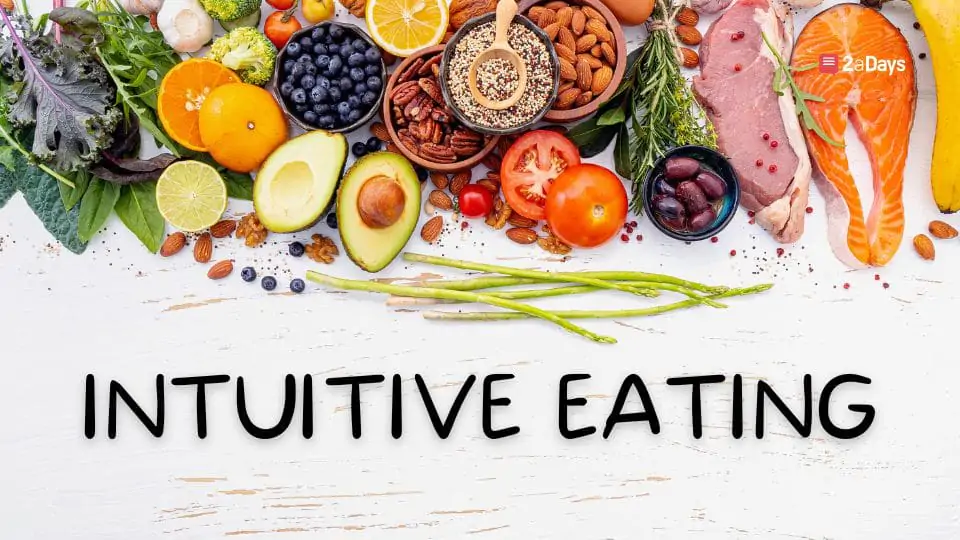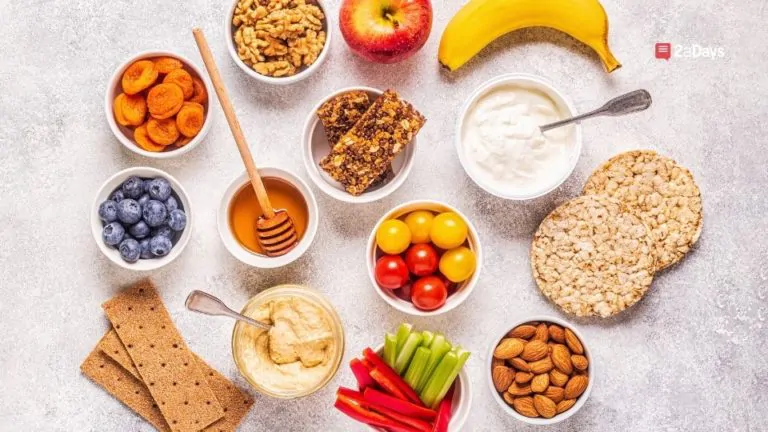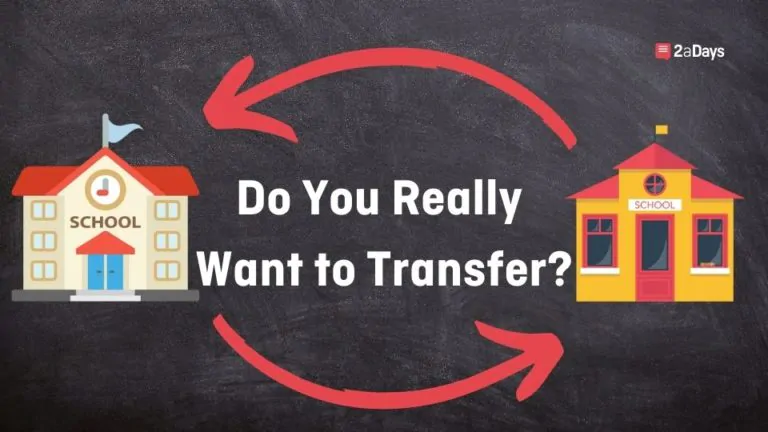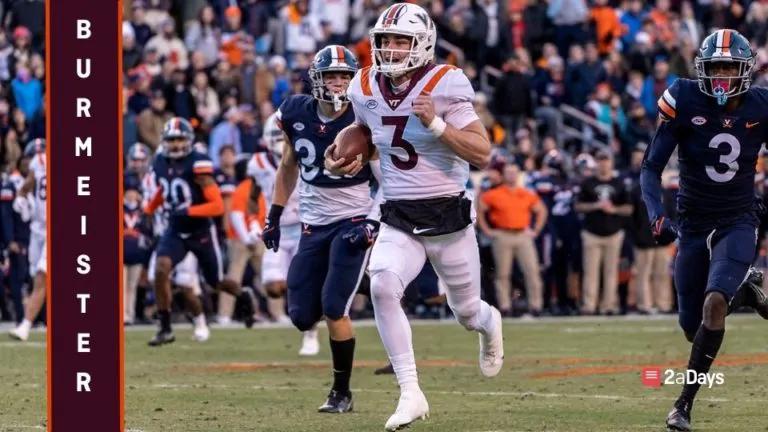The holidays are coming up, and even though delicious, indulgent foods are right around the corner, many health-conscious athletes will be dining with their diets in mind. However, many popular meal plans that athletes adhere to, including keto, intermittent fasting, and paleo, restrict food, leading to less food freedom and more anxiety–plus a proclivity to overindulge in rich foods, which can leave athletes feeling less-than-optimal. This is where intuitive eating can help athletes enjoy their favorite foods while fulfilling their dietary needs and avoiding an all-or-nothing mindset.
What is Intuitive Eating?
Intuitive eating can be an ideal meal plan for college athletes, as it concentrates on eating as an energy and satisfaction source. This plan encourages intuitive eaters to reject restriction, food tracking, and other unhealthy elements of diet culture. Intuitive eaters also respect their body's need for food by finding healthy and enjoyable foods that satisfy hunger.
As a result, no food is considered “bad.” Instead, intuitive eaters label indulgent food as “sometimes” foods that should be limited, but not restricted because eating too much or too little of it can have a negative impact physically, socially, or emotionally. This builds trust in the intuitive eater's relationship with their own body and over time, confidence that they will provide their bodies with nutritious foods.
If this sounds like a good plan for you, read on for a few principles of intuitive eating to get you started.
Savor Your Food
In spite of the name, intuitive eaters don't simply eat their food–they savor it. This first involves chewing mindfully and slowly. By noticing textures and spices, intuitive eaters can fully enjoy their food and feel grateful for food sources.
Related: Grab ‘N Go Foods for College Athletes
As a bonus, chewing slowly aids in digestion because less food descends to the stomach at once. When consumers chew food, the brain activates stomach hormone receptors which prepares the stomach to break down food. When enough food reaches the small intestine, the stomach releases more hormones, signaling the brain to stop eating, which causes the consumer to feel full. Eating too quickly counteracts this innate process, so slow down for the sake of your system!
If this feels like a tall order, you can start this process gradually–for instance, at your first intuitive meal, try chewing slowly for a minute, increase your time by 30 seconds at your next meal, and continue until savoring your food becomes second-nature.
Feel Your Fullness
Often, parents teach children to clean their plate, a habit that can follow kids into adulthood and prompt them to overeat as the body's signals of fullness and satisfaction go unheard. Instead, intuitive eaters feel their fullness by pausing and reassessing these feelings.
If you're having trouble feeling your fullness, it can help to step away from the table or go for a walk. If you still feel hungry when you get back, you can always resume eating and reevaluate after a few minutes. Similarly, if you're eating out and your portion is too big, you can get a to-go box and enjoy leftovers the next day. For home-cooked meals, you can purchase reusable tupperware sets from Costco to store excess food as well.
Call Out Negative Internal Dialogue
Restrictive diets assign negative labels to specific foods. For instance, “bad” foods might be those that consist of lots of carbohydrates or simple sugars. While it might be tempting for athletes to cut out carbohydrates or dessert altogether, doing so can lead to overeating these foods at later dates. Instead of restricting, intuitive eaters should listen for “should” and “should not” thoughts, then question the source of these all-or-nothing statements. For example, perhaps they come from a history of restrictive diets or social media posts. Next, athletes can change language surrounding food, which takes practice and dedication.
Related: Recipes for Athletes: Turn Halloween Candy into Fuel With a Sweet Protein Shake
Ideally, intuitive eaters recognize and honor their cravings and “should not” foods become occasional, “sometimes” treats. By eating a satisfactory portion, the consumer rebuilds bodily trust, tunes into their natural urges, and as a result, the cravings for sugary or carby foods may decrease.
Be Mindful of Social Media
Mindful consumption extends beyond our plates. Social media influences our behaviors more than we think and consumers can pick up a negative internal dialogue from dieting posts, many of which do not cite doctors or dietitians.
Luckily, users can limit the amount of diet posts on their feeds. For instance, on Instagram, users utilize the Sensitive Content Control feature and on Twitter, users can mute words at their digression. On both sites, users can block upsetting accounts.
Remember, there's no one-size-fits-all approach to your nutrition as an athlete, and what you eat is entirely up to you. That said, intuitive eating can be a great tool for athletes of all sports because of its personalized nature. Plus, it's a great way to continue enjoying the foods you love without feeling deprived.
* Originally published on November 10, 2022, by Britt Trachtenberg







